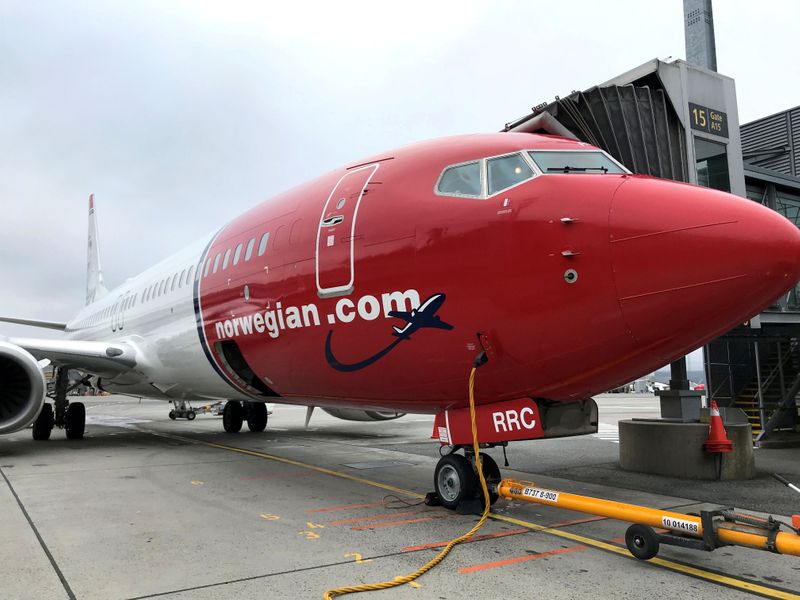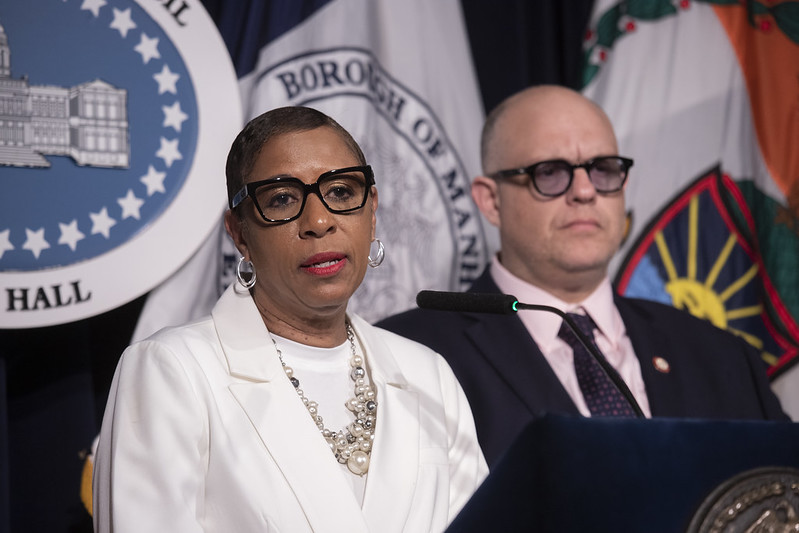OSLO (Reuters) – Norwegian Air <NWC.OL>, the budget carrier that changed the way people travel across the Atlantic, is fighting for survival as the coronavirus pandemic deepens the company’s financial straits, forcing it to furlough staff and cancel flights.
WHY DOES THE AIRLINE MATTER TO NORWAY?
While governments across the world are trying to shore up national airlines, Norwegian Air is particularly valuable to its home country because of Norway’s vast geography, which stretches more than 2,200 kilometres across fjords and mountains, with few train lines to transport locals and tourists.
Its capital Oslo is closer to Munich than to its own northernmost mainland town, Hammerfest. The journey would take 24 hours by car.
As a result, domestic flights by Norwegian and its rivals Wideroe and SAS <SAS.ST>, play a more important role in Norway’s infrastructure than airlines in many other countries.
Norwegian Air ran daily flights to 18 locations domestically before the novel coronavirus outbreak. The frequency of flights has been cut since then, with some routes suspended, and the government is paying the airline, as it does SAS, to run some key domestic routes.
Norwegian Air’s domestic route network roughly matches SAS’s, helping keeping fare prices down.
Wideroe, with its fleet of smaller Embraer <EMBR3.SA> and De Haviland planes, serves the smallest communities, with multiple route stops and links to the bigger cities.
Brand Norway would also take a knock from the collapse of Norwegian, whose red and white, reindeer-nosed planes have become an internationally recognised symbol of the country’s open and independent culture.
WHY DOESN’T THE GOVERNMENT BAIL IT OUT?
The political debate has centred on whether the state should rescue the airline at all, given its financial problems even before the pandemic struck.
At the end of 2019, it had debts of almost $8 billion built up during a decade of rapid expansion into Europe’s third-largest budget carrier.
Still, the government threw a lifeline to Norwegian Air last month, with credit guarantees worth up to 3 billion crowns ($282 million) – half the value of the total package offered to the airline industry.
Stringent conditions forcing the company to issue more shares attached to that aid reflect the state’s reluctance to get drawn into a more costly bailout.
WHAT’S NORWEGIAN DOING?
Its survival depends on creditors accepting a rescue plan, which would convert $4.3 billion of debt into shares and raise some new equity. The airline could then tap the government’s guarantees.
Bondholders will vote on April 30. If they agree, it will be put to shareholders on May 4. If that fails, the company is expected to file for bankruptcy.
WHAT ARE THE ALTERNATIVES?
There aren’t many.
Other airlines are so preoccupied with preserving their own cash, they won’t want to take on Norwegian, analysts say. Its demise would also remove a key player, providing some relief to the stricken sector.
Nationalisation is unlikely too. The coalition government includes business-friendly parties the Conservatives and the Liberals, which ran on a platform of letting business run with less state interference than a centre-left government would.
WHAT’S AT STAKE?
The loss of 10,000 jobs, just as a collapse in oil prices strikes at the heart of Norway’s biggest industry, would deal a major blow to the country’s economy.
Rural communities that rely on air travel are also worried that losing Norwegian would cut competition and send ticket prices skyrocketing.
Some rural voters are already turning against the government after a reform aimed at making local public services more robust, but which critics say has reduced their availability.
(Editing by Josephine Mason and Mark Potter)



















